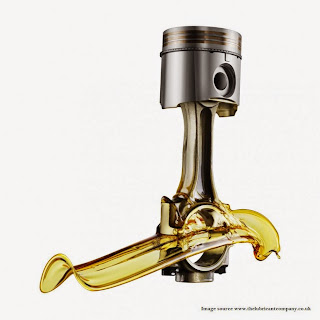Driving Growth in the Healthcare IT Integration Market: Key Factors and Challenges
According to research report the global Healthcare IT Integration Market is poised for robust growth in the coming years as healthcare providers increasingly seek to connect disjointed systems and aggregate patient data across care settings. According to MarketsandMarkets Research, the global market was valued at $3.9 billion in 2021 and is projected to reach $7.1 billion by 2026, expanding at a compound annual growth rate (CAGR) of 12.4%.
Download PDF Brochure: https://www.marketsandmarkets.com/pdfdownloadNew.asp?id=228536178
Several
macro trends are driving spending on IT integration solutions. The
widespread adoption of electronic health records (EHRs) and other
digital tools has created a pressing need to integrate data locked in
departmental silos. Additionally, the COVID-19 pandemic accelerated the
use of telehealth and remote monitoring, which rely heavily on system
and device interoperability. Favorable government policies and funding
programs also incentivize the meaningful use of integrated health IT
infrastructure.
However, substantial barriers to large-scale
integration initiatives remain. Interoperability issues abound due to
the lack of universal data standards across proprietary health IT
systems and medical devices. Such projects also entail high upfront
software, hardware, training, and consulting costs. Privacy and security
concerns around connecting multiple data sources further contribute to
inertia.
Nonetheless, the growing data volume and complexity in
healthcare underscore the urgent need for system-agnostic aggregation
and analysis. Market leading EHR, telehealth and health information
exchange platform vendors are rapidly incorporating integration-focused
capabilities through development and acquisitions. The market for
interface and integration engines that enable data flow across otherwise
siloed applications is also expanding quickly.
Among product
and service segments, implementation and integration services command
the highest market share given the custom nature of each provider’s IT
environment. Support and maintenance additionally see strong demand to
smooth interoperability and provide upgrades. Growth rates are projected
to be highest for medical device integration software that bridges
critical care devices with data repositories.
Hospitals are
currently the dominant end user segment as large integrated delivery
networks attempt to create unified patient health records across their
ambulatory clinics and inpatient facilities. Home healthcare, pharmacies
and other remote care settings will likely exhibit high adoption rates
thanks to the enablement of telemedicine and remote monitoring tools.
On
a geographic basis, North America claims the majority stake in the
global healthcare IT integration solutions market, aided by strict
interoperability guidelines and financial incentives to digitize health
data under laws like HITECH. But emerging economies are displaying
robust growth as incomes, health awareness and insurance improve. Local
integration solution providers also see opportunities to compete.
Request Sample Pages: https://www.marketsandmarkets.com/requestsampleNew.asp?id=228536178
In summary, the imperative to break down data silos and enable whole-person care presents a multi-billion-dollar opportunity for healthcare IT integration over the next five years. Market dynamism will likely persist as new technologies and health data sources continuously emerge.
Contact:
Mr. Aashish Mehra
MarketsandMarkets™ INC.
630 Dundee Road
Suite 430
Northbrook, IL 60062
USA : 1-888-600-6441
sales@marketsandmarkets.com

Comments
Post a Comment